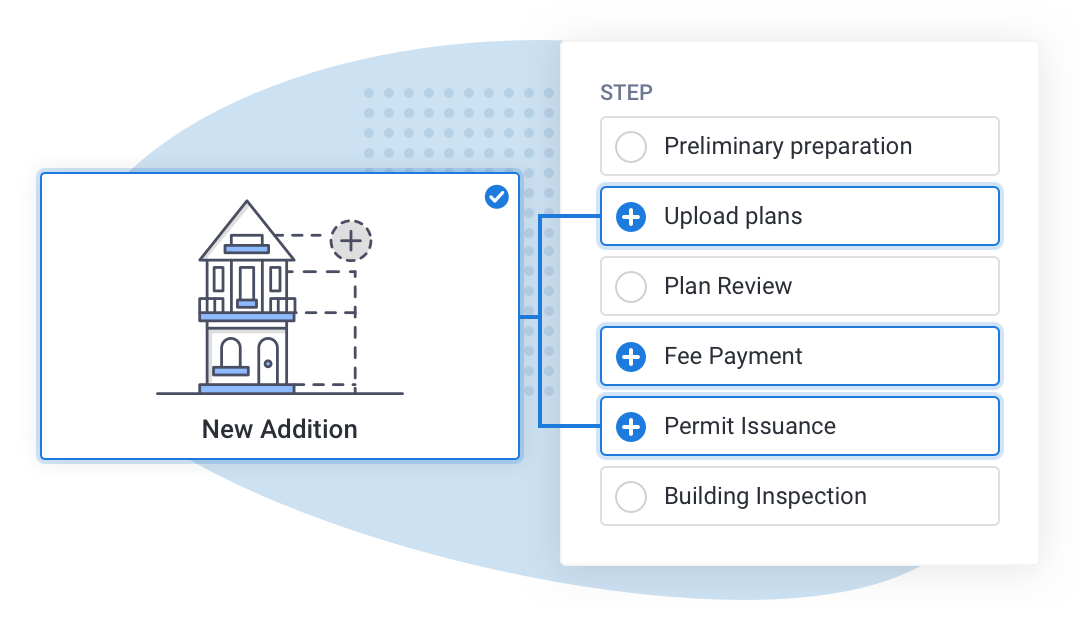This is the announcement for my joining the GovTech permitting and licensing company, Camino.ai, as an advisor.
I’m asked often what brought me into government work. My coy answer is really good episodes of the West Wing. The truth is that in college I was recruited to help work at a research center focused on State and Local government: the Rose Institute at Claremont McKenna. That inspired me — and challenged me. Their “gauntlet” for new hires was to research the economic development policies in California cities — ie the “Cost of Doing Business Survey”. At that point — at all of 16 years old — I could not define an ad valorem tax rate let alone provide substantive judgment on what that rate should be or even why it mattered.
After 15+ years in public service, that has changed.
The Cost of Doing Business
The “cost of doing business” is very much a real and important question. I began to see this with our work at Code for America on supporting businesses — particularly around getting business licenses. Year after year, cities would apply with a focus on economic development, eager for new technologies and approaches. The data I saw in Los Angeles as Chief Data Officer only made this issue clearer. Recent business licenses were one of the most requested data sets — online and off — which include the mayor. Unfortunately, that data was not updated often enough for a real-time picture of economic growth in LA. And my time as the Chief Innovation Officer building Sacramento’s Office of Innovation and Entrepreneurship confirmed what I had been realizing more and more to be true: we make growth hard (not deliberately) because permits and licenses take time.
But they do not need to. Working with the government can delight. And be efficient. Speeding up the permitting process does not just help the entrepreneurs and individuals seeking permits; these innovations grow the economic base for the city overall. This is a win-win.
So why does this process take so much time and cause so much grief?
My experience in governments suggests many reasons: policies and processes. Development policies and codes layer upon each over time, creating a web of regulation that can be entirely out of step with the city’s economic development goals. (For instance, I recall when licensing with some West Coast cities to consult, I have to show proof of auto insurance — even though I live in St. Louis, MO, and never plan to come on-site!
Here’s the rub: My experience in government also suggests that good technology can move the needle on modernizing those policies and processes. When technology focuses on the user, the software takes on the responsibility to navigate the complexity, So residents do not have to. The tech does the work. (And the technologists). In so doing, the application of government technology (properly done) should reveal the underlying (often broken) policies that need to change. Technological and policy modernization can and should go hand-in-hand for cities looking to compete in the 21st century.

Camino’s Role in Moving the Needle on Technological and Policy Modernization
That is why I’m proud to become an advisor at Camino, a modern, world-class permitting and licensing solution provider. Camino has helped cities such as Santa Cruz, CA, build a cannabis licensing application and Syracuse, NY, save hundreds of days in permitting processing — as well as working with hundreds of cities to provide a simpler, more human interface compared to the complicated PDFs or legacy software.
Mike and Nate (Camino’s founders) have been old friends since the start of my career in GovTech, over a decade ago. Their track record in GovTech entrepreneurship (e.g., OpenGov) is historic and speaks to their understanding of what the market needs. So it is not surprising that Camino’s technologies embody the ethos of what I think should be the standard in government software: cloud-native, SaaS, secure, continuously improving, and modular. This approach makes Camino flexible enough for large cities, but affordable enough for smaller ones. Plus, the Camino interface for businesses and residents is one that a city can be proud of, not hide away.
But more than that, I am excited about Camino because of what’s possible next. My time in Economic Development in Sacramento was eye-opening: the opportunities for cities to support and celebrate local businesses only continue to grow. When I work with accelerators, my most popular lecture is on how every startup, not just GovTech, should work with their local economic development office. Indeed, the takeaway is that working with the city is not only a burden but an opportunity. As one former Economic Development Director and CIO recently told me, “When businesses come to us, we are not asking, ‘What will be their licensing fee revenue?’ As a city government, we ask, ‘How can we help?’”
That’s the question that excites me about this new collaboration, and I am looking forward to answering them with the Camino team, city leaders, and the broader GovTech community.

